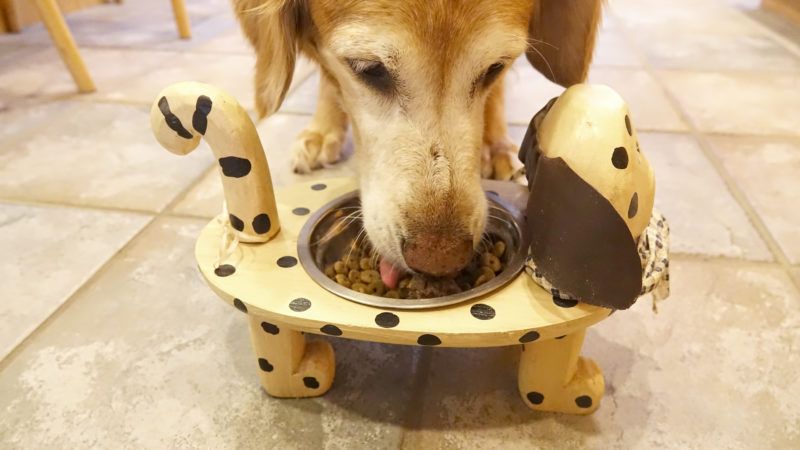
Research by Gregory Okin quoted in Greenwich Time: Biotech Startups Pounce on Cultured Pet Food
Pet owners spend $32.7 billion every year feeding their animals, but exactly what are they feeding them, and at what true cost? Environmental damage, unsafe ingredients and horrific production practices are standard in the pet-food industry, which has many owners looking for different ways to feed their critters. Over the last several years, a handful of innovating entrepreneurs may have found just the ticket: cultured pet food.
But disturbing and unsafe ingredients aren’t the only downsides to traditional pet food. As it’s currently structured, the pet food industry is catastrophically damaging to the environment. A 2017 study by UCLA professor Gregory Okin found that the production of meat for dogs and cats emits 64 million tons of carbon dioxide every year, which is equivalent to the yearly emissions of 13.6 million cars. In total, traditional pet food is responsible for 25-30 percent of the entire global environmental impact of the meat industry, Okin’s study found. That’s a startling number, given that the meat industry itself emits more greenhouse gases than air, plane, car and ship travel combined.
